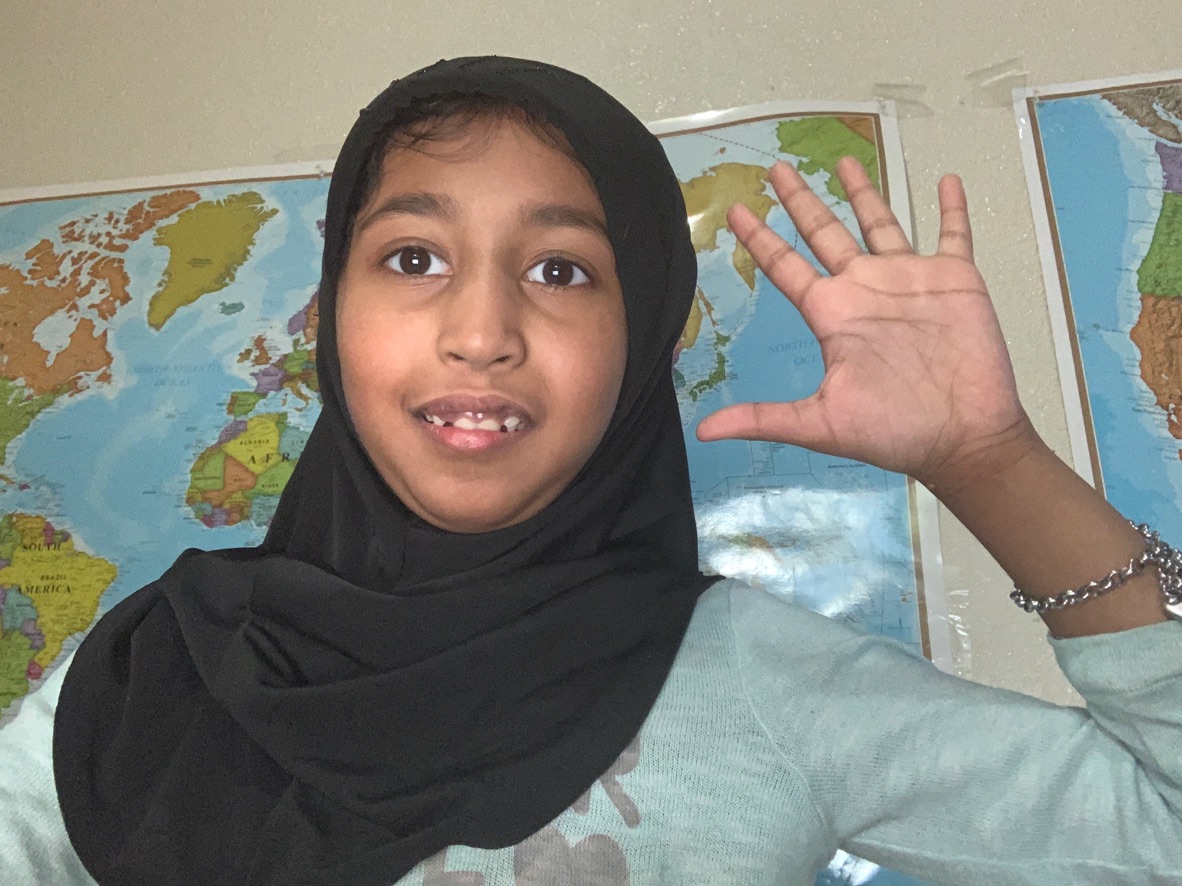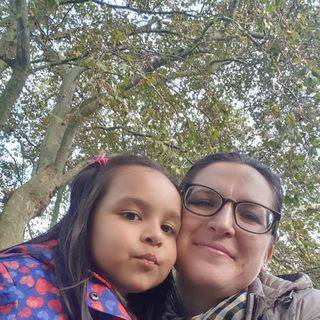Dua when visiting grave

can the dead see you when you visit their grave ?
dua when visiting grave
“Assalamu ‘alaykum ahl al-diyar min al-muminin wa’l-Muslimin, wa inna in sha Allah bikum lahiqun, as alu Allaha lana wa lakum al-‘afiyah (peace be upon you O people of the dwellings, believers and Muslims, In sha Allah we will join you, I ask Allah to keep us and you safe and sound).”
Abdallah ibn Buraidah reported from his father that the Prophet (peace be upon him) said: “I had forbidden you to visit graves, but now you may visit them. It will remind you of the Hereafter.” [Muslim, Ahmad]
Aishah also reported: “I asked: ‘What should I say when I pass by a graveyard, O Messenger of Allah?’ He replied, ‘Say, “Peace be upon the believing men and women dwelling here. May Allah grant mercy to those who have preceded us and those who are to follow them. Certainly, Allah willing, we will join you”‘.” [Muslim]
Imam Malik and some Hanafi scholars, and, according to one report from Ahmad, most of the scholars hold it permissible for women to visit graves. This is based on the preceding hadith from ‘Aishah, “What should I say to them, O Messenger of Allah when visiting graves?” Abdallah ibn Abi Mulaikah is also reported to have said, “Once ‘Aishah returned after visiting the graveyard. I asked, ‘O Mother of the Believers, where have you been?’ She said: ‘I went out to visit the grave of my brother Abd ar-Rahman.’ I asked her: ‘Didn’t the Messenger of Allah, peace be upon him, prohibit visiting graves?’ She said, ‘Yes, he did forbid visiting graves during the early days, but later on he ordered us to visit them’.” [Al-Hakim and Al-Baihaqi]
Interested in joining our Islamic Lessons?
Let's Take Your Free Trial Lesson Now..
Animtion Stories By Our Children
Anas reported: “The Prophet, peace be upon him, saw a woman crying by the grave of her son, and said to her, ‘Fear Allah, and be patient.’ She replied, ‘What do you care about my tragedy?’ When he went away, someone told her, ‘Indeed, that was the Messenger of Allah, peace be upon him.’ The woman felt extremely sorry and she immediately went to the Prophet’s house, where she did not find any guards. She called out: ‘O Messenger of Allah! I did not recognize you.’ The Prophet, peace be upon him, said, ‘Verily patience is needed at the time of the first affliction’.” [Bukhari and Muslim]
This supports the argument in favour of the permissibility of women visiting graves, for the Prophet, peace be upon him, saw her at the grave and did not show his disapproval of it.
The purpose of visiting graves is to remember the Hereafter, which is something that both men and women need. Men are by no means more in need of this reminder than women.
Compiled From:
“Fiqh-us-Sunnah” – As-Sayyid Sabiq
Table of Contents
Parents Say About WafaaKids.
4.9
(121 Review) From preply
Alhamdulilah, my son enjoys the lessons. Very systematic learning. If would be great if could include videos of the same topic learnt. Kids learn faster through songs & games insyaAllah. Look forward for the next lesson 👍🏻👏🏼Online Quran Academy

I am glad that I have found WafaaKids for my two kids, the teaching style is very flexible and they know how to keep the students engaged and interested in the topic they are teaching, I hope my kids can learn more from them in the coming days InshaAllah. The Best Islamic stories for kids

My son is 13 years old and he takes lessons with WafaaKids for one hour a week. They are very satisfied and their voluntarily asked for another lesson - otherwise he will never study voluntarily. WafaaKids teacher's responds to the student's wishes, their youthful, polite manner and is highly recommended. Already from the first unit I noticed a progress with my son. I'm very satisfied. Online Quran Academy

I am happy to find WafaaKids to teach my 8yr old daughter, Quran and arabic. she has completed around 10 sessions and never got bored. now she is motivated to learn Quran and looks forward to his classes. I like how he engages with kids by telling them stories and other fun activities. he also makes arrangements to interact with other students and their parents to motivate each other. overall he is a good find and I recommend them especially for kids. The Best Islamic stories for kids

FAQs
You ask, We answer
The first step is to fill out a quick form The Form and we will send you the link of your Trial lesson on your mail and what’s app.
We are providing an onsite lessons only in Egypt, Otherwise will be online via any video call platform like Zoom.
Most students enroll in the Basic plan. The average student at WafaaKids spends around $64 per month. This approximately amounts to 8 teaching hours per month or 2 x 1-hour lessons per week which are suited for most levels and ensure the program goals are met. The pricing can be slightly different depending on the plan. We can see our pricing plans from here –> Pricing Plan
Over the years, we have had successes with very young students but we recognize that every child is different and some might have difficulty interacting with a teacher online. In general, we found that starting from age 7, there are rarely any issues with teaching online.
For younger ages, a guardian might need to accompany the student during the lessons initially to provide support until the student gets used to his/her teacher.
We understand that quality education can get expensive and therefore we offer a number of discounts to maximize the benefit for our students enrolled in our programs.
(1) Family Discounts: Students enrolled in our Basic and Pro plans receive 10% and 5% off respectively when 2 or more members of their family are enrolled in the same plan.
(2) Zakat Fund: For students who experience financial hardship, WafaaKids maintains a Zakat eligible fund that is used towards partially or fully subsidizing fees. You will be required to provide documentation to demonstrate your eligibility.








